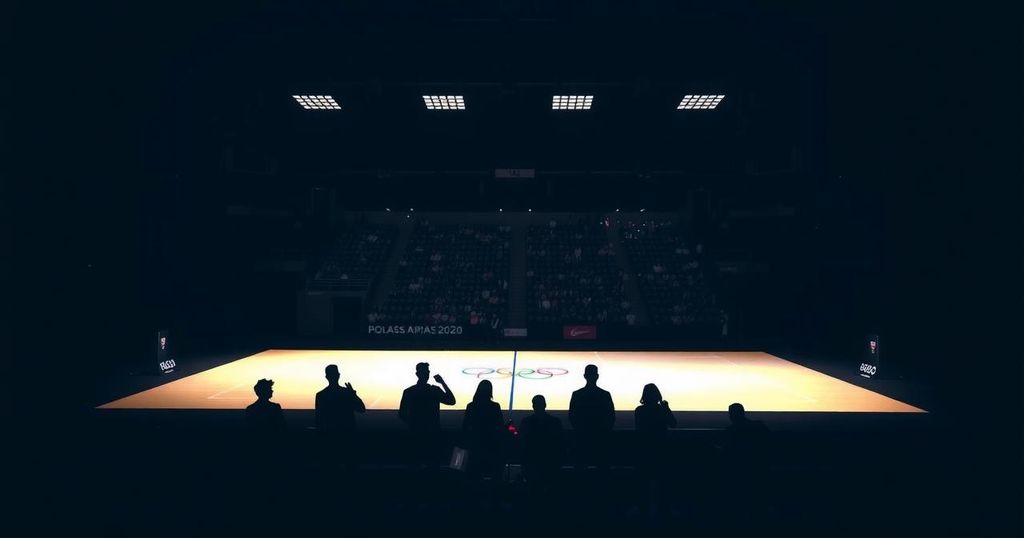Jordan Chiles Appeals Olympic Floor Exercise Scoring Decision to Swiss Tribunal
Summary
Jordan Chiles has appealed to the Swiss Federal Tribunal regarding a scoring decision made in the Olympic Floor Exercise finals, where she was initially placed fifth but later promoted to bronze after an inquiry. The Romanian federation contested this score, leading to a complicated legal dispute. The Swiss Tribunal may remand the case back to the Court of Arbitration for Sport or dismiss it, though it is unlikely to address the merits of the scoring itself.
On Monday, USA Gymnastics officially expressed support for Jordan Chiles’ appeal to the Swiss Federal Tribunal regarding the scoring decision made during the Olympic Floor Exercise finals. Chiles, who participated in the finals on August 5 and initially received a score of 13.666, was initially placed fifth. However, after an inquiry led by U.S. coaches that alleged an error in the reported degree of difficulty for her routine, her score was revised to 13.766, allowing her to position herself to earn a bronze medal. This decision was contested by the Romanian gymnastics federation, leading to an appeal to the Court of Arbitration for Sport (CAS). The CAS ruled against Chiles, indicating that the inquiry was conducted four seconds past the permissible time limit. As a consequence, Romanian athlete Ana Barbosu was awarded the bronze medal instead. Chiles’ appeal to the Swiss Tribunal is grounded on procedural errors, including a lack of adequate notice to USA Gymnastics and the U.S. Olympic & Paralympic Committee, which affected their ability to participate effectively in the initial proceedings. Furthermore, it was later discovered that evidence supporting the timeliness of the inquiry had emerged post-hearing. As the Swiss Federal Tribunal assesses this appeal, its potential outcomes may include either dismissing the case due to procedural errors or remanding it back to the CAS for renewed consideration. It is essential to recognize that the Tribunal is unlikely to evaluate the substantive merits of the scoring dispute. Simultaneously, the Romanian federation seeks re-evaluation of Maneca Voinea’s score based on claims supported by video evidence, asserting she did not step out of bounds during her routine. They have also proposed that all three competing athletes be jointly recognized for their efforts. Such a resolution, however, lies within the jurisdiction of the International Olympic Committee.
The controversy surrounding Jordan Chiles’ Floor Exercise score exemplifies the complexities and disputes inherent in competitive gymnastics scoring. The scoring system not only requires precision but also accumulates scrutiny, particularly in high-stakes environments like the Olympics. When discrepancies arise, they can lead to significant disputes and appeals processes, as illustrated by this case. The involvement of the Swiss Federal Tribunal signals that this matter transcends mere sports competition, entering a domain where legalities and procedural integrity might redefine recognition and awards among elite athletes.
In conclusion, Jordan Chiles’ appeal to the Swiss Federal Tribunal highlights the complicated intersection of athletics and legal proceedings in the context of judging disputes. The upcoming decisions from the Tribunal will have considerable implications for the athletes involved, particularly regarding their standing in Olympic history and recognition. As sport organizations navigate these disputes, the outcomes may not only impact individual athletes but also set precedents for future scoring controversies in gymnastics.
Original Source: www.thesportsexaminer.com








Post Comment